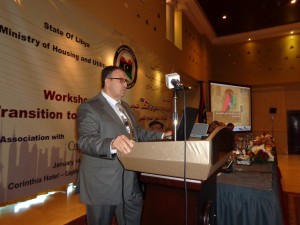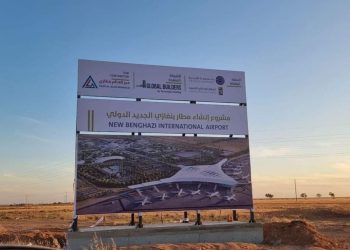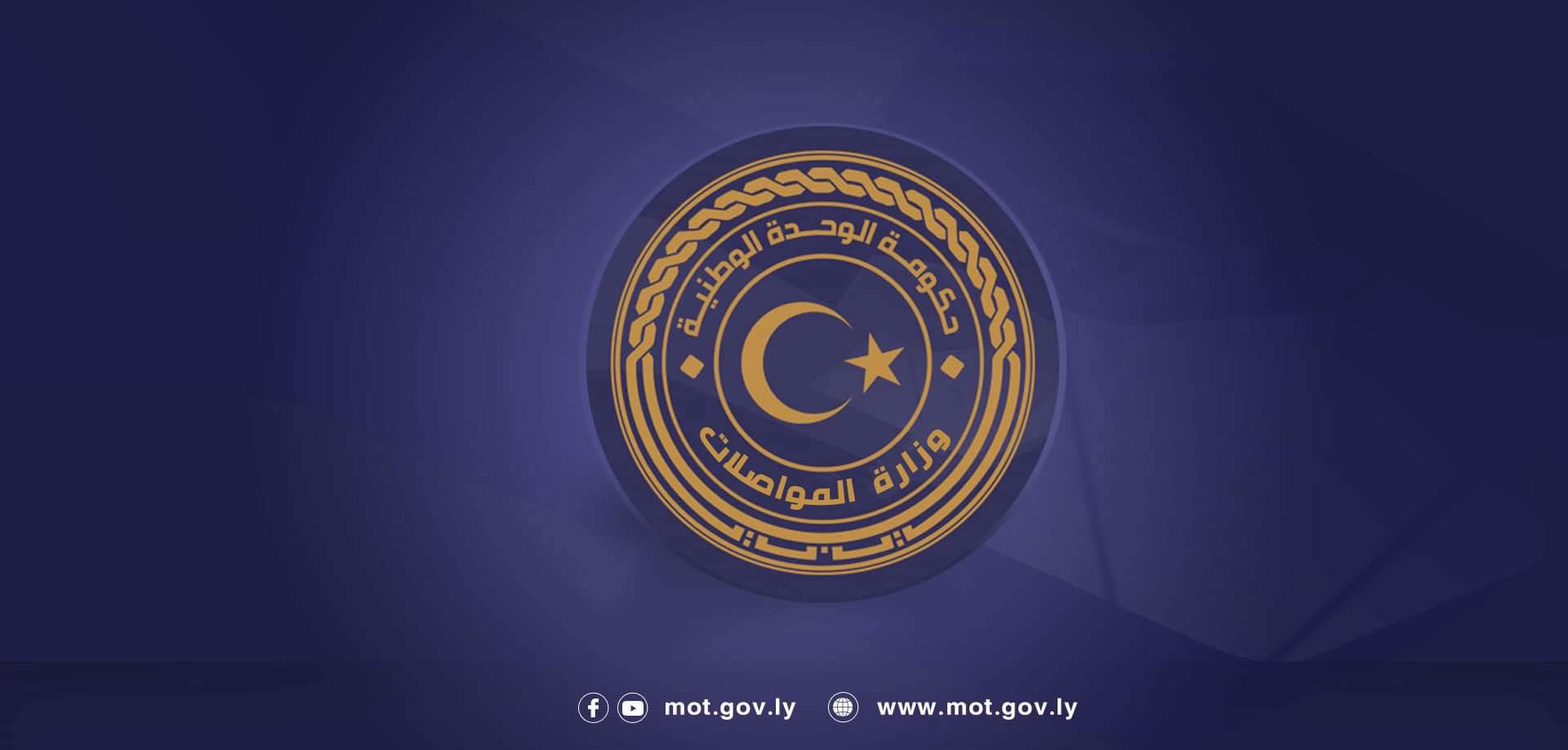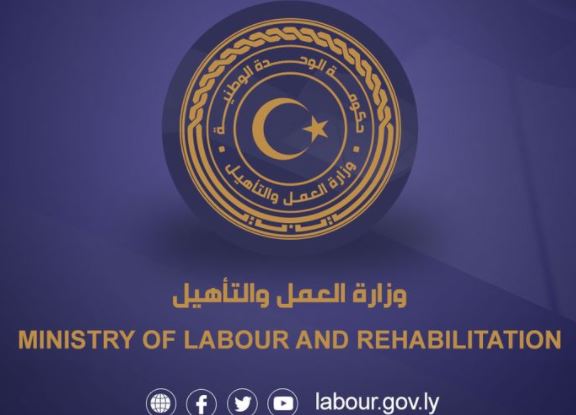By Libya Herald reporter.

Malta, 29 January 2015:
The Central Bank of Libya (CBL) Governor, Ali Hibri, representing Libya’s only internationally recognized government . . .[restrict]and legislature currently based in eastern Libya, has revealed that the CBL has prepared a comprehensive reform plan for the Bank’s operations.
Hibri, speaking to Bawabat Al-Wast yesterday, said that the next phase of this development plan is based on the decentralization of the bank by the establishment of two main CBL branches in Benghazi and Sebha. These would work alongside the CBL headquarters in Tripoli, Hibri explained.
The statement by Governor Hibri comes on the back of the transfer of the CBL from Benghazi to the seat of government in Al-Beida.
It will be recalled that forces representing the HoR/Thinni government took over control of the CBL branch in Benghazi last week, claiming to be taking it over from the Islamist Ansar Sharia forces who had been protecting it. The action was subsequently condemned by UNSMIL .
The Tripoli CBL is headed by ex-Governor Saddik El-Kabir who was sacked by the HoR in September 2014.
The new Hibri reform plan for the CBL also includes the creation of a ‘’Council of Governors’’ comprising the Deputy Governor from the Sebha branch and the Deputy Governor from the Benghazi branch, in addition to the members of the Board of Directors of the Bank and experts of the Ministry of Finance.
The Governor said that the new Council of Governors would take on the task of putting in place the general policies to activate the Libyan economy, and participate in the development of the country’s monetary policies that serve the national interests.
The Council of Governors would also develop the appropriate plans and programmes for managing Libya’s financial reserves held in international banks so as to achieve the best returns for the national economy.
The aims of these actions, Hibri explained, are to get the CBL out of the narrow centralization tunnel and to develop the role of the bank in supporting the Libyan economy. The actions are also to aid in achieving the goals of the 17 February revolution reflecting positively on the standard of living of every Libyan citizen who dreams of a better future, he added.
On the effect of the decline in world oil prices on Libya, Hibri, acknowledged that the sharp decline in world prices had had a serious negative effect on the Libyan economy and incurred the country heavy losses, particularly since Libya is among the states where oil revenues represent the backbone of its national income.
The Governor noted that the crisis in Libya was deeper because state outgoings had doubled while the price of oil has fallen by more than 50%, therefore compounding Libya’s economic crises and the challenge faced.
It will be recalled that earlier this week, the World Bank had warned in its regional January MENA Quarterly Economic Brief entitled ‘’Plunging Oil Prices’’ that the collapse in international crude oil prices and Libya’s low oil exports could lead to an increase in its deficit, erode its foreign currency reserves and lead to a weaker currency.
Libya’s economic crises, continued Hibri, needs to drive Libya to search for more secure and stable alternatives to the national economy by encouraging investment and rationalizing state expenditure, so that Libya is not forced to seek foreign loans. Foreign loans would be a very bitter medicine that we seek to avoid having at any time, he stressed.
With regards to Libya’s relationship with international financial institutions, the Central Bank Governor stressed that Libya was keen on cooperation and constant consultation with those institutions.
The CBL was also keen through its credit policy in commercial banks in Libya and in determining economic indicators and taking advantage of the benefits of the liquidity of local banks so as to best contribute to the development of the real economy and create an enabling environment for private business.
CBL Governor Hibri stressed the importance of security and stability in the rest of the financial and economic aspects of life, calling for the urgent building of a national army and police as a key foundation to any development or the well-being of Libyan citizens in the coming period.
In mid January this year Hibri had visited Washington DC, meeting the IMF, World Bank and Whitehouse officials during which a seven-point agreement was reached which included safeguarding Libyan ‘’domestic and overseas assets from being used to finance terrorism or war in Libya, the respect of ”democracy” and the ”will of the people” and the need for ”security and stability’’.
[/restrict]









